The beauty of the early church is that they do come together in worship, even across their many differences in language, culture, norms, and needs. It is far from perfect, but we find Roman centurions, Jewish Pharisees, and healed beggars all joined together to worship and follow a Refugee King. Not only is the early church able to practice this work of Christ-like compassion within their community, but they are then able to go out and serve the community around them.
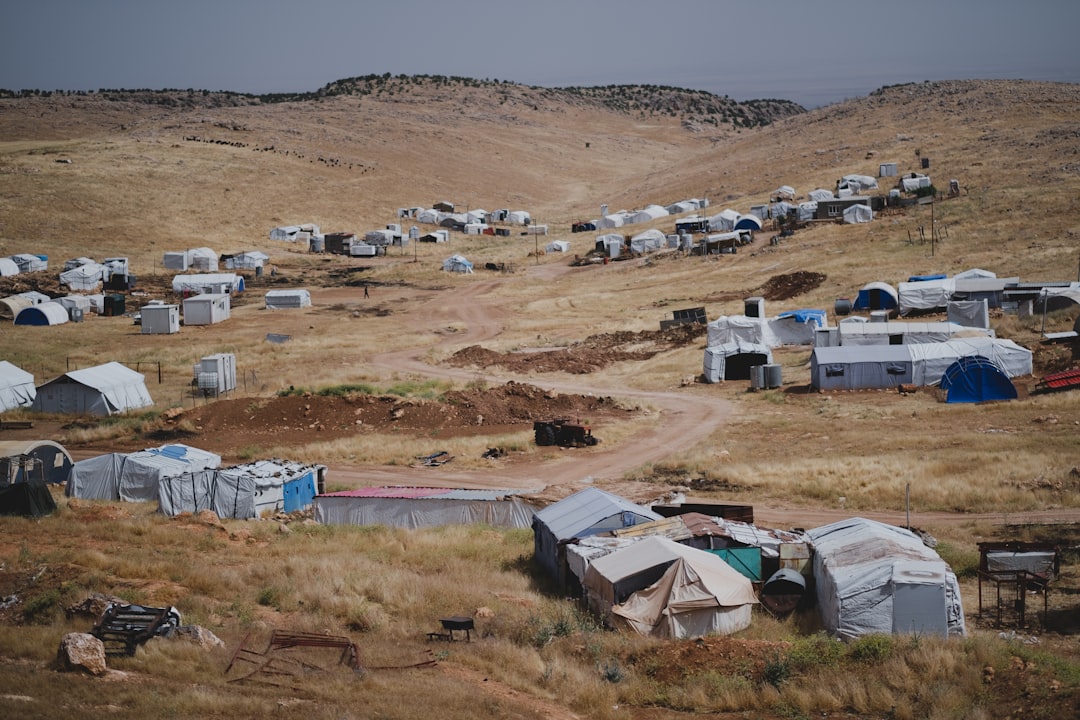
Transcript:
In the centuries of silence leading up to the incarnation of Christ, the people of God were crushed under the growing Roman empire. The Rabbis grew weary; the Pharisees and Sadducees had corrupted the temple and used their religious authority for political gain; and the Jewish people were waiting for a Messiah who would come in power and might, crushing Caesar under His foot.
Yet, our Messiah-King did not come on a cloud with lightning bolts in hand. Instead, our God came to us in the margins of the margins, in a spare room filled with livestock in the small town of Beth-Lechem, the place of bread. He was born of a young virgin who, in faithfulness, said “may your word to me be fulfilled” (Luke 1:38). Then, as a young child, Jesus became a refugee as his small family fled the mass infanticide of a mad Caesar (Matthew 2). Our Lord was not raised in a place of power and wealth; but rather a land foreign from His own, far from His tribe and tongue.
This Advent season, I think many can relate to the messiness of the incarnation far more than the “holly jolly season” of Christmas carols and snowmen. The long, dark nights of a freezing winter feel far from the picturesque “silent night” of our Christmas hymns.
It was, of course, our Refugee King who sought out those whom His community overlooked. Jesus did not move from the margins to a seat of religious or imperial power. Instead, Jesus remained in the margins—ministering to those whom His own community overlooked. Rather than seeking His own safety and comfort, Jesus was driven by a self-sacrificing empathy. He went to lame and asked them to walk, to the blind and placed his hands over their eyes, to the corrupt and offered them grace, to the woman gathering water in the heat of the afternoon and gave her a taste of living water, to the fishermen on the Sea of Galilee and called them to be fishers of men.
This December, I have spent much of my devotional reading in the Gospels and the Acts of the Apostles. This narrative of Jesus’ life and the early church reveals the messy reality of diverse people coming together, people who otherwise would stay as far away from each other as possible. In the book of Acts, we read these episodes of a Spirit-led Paul journeying to foreign lands to proclaim the Gospel of Jesus. We see Jew and Gentile, slave and free, rich and poor, all coming together under the Lordship of Jesus as the leaders of the church questioned how we might all worship God together? We see a young church striving to emulate Christ’s self-sacrificing empathy, yet struggling to overcome their own biases and cultural rivalries.
The beauty of this narrative is that the early church does come together in worship, even across their many differences of language, culture, norms, and needs. It is far from perfect, but we find Roman centurions, Jewish Pharisees, and healed beggars all joined together to worship and follow a Refugee King. Not only is the early church able to practice this work of Christ-like empathy within their community, but they are then able to go out and serve the community around them.
This is exactly what Paul asks of the church throughout his epistles to the church: “The dividing wall, that is, hostility has been torn down by Jesus Christ” (Ephesians 3). “In your relationships with one another, have the same mindset as Christ Jesus: Who…made Himself nothing by taking the very nature of a servant” (Philippians 2). “So then, just as you received Christ Jesus as Lord, continue to live your lives in Him, rooted and built up in Him, strengthened in the faith as you were taught, and overflowing with thankfulness.” (Colossians 2).
These realities of belonging together are rooted in the incarnation. We practice empathy and compassion because this is what Jesus did.
This year, many churches and family gatherings look much like the early church — sanctuaries filled with believers struggling to love one another. The dividing walls of culture, privilege, status, and tribe are evident. Yet we worship and pray together as the Body of Christ united in our Refugee King and extend our empathy outwards into the neighborhoods and communities that we share.
This Advent, may we be encouraged by the example of the early church. May we come together in humility, slow to speak and quick to listen. Like those first Christians, may we come under the lordship of Christ, setting aside those beliefs that dehumanize and discriminate against our brothers and sisters; yet embracing those traditions and languages given to us by our Creator.
May we remember that diversity and difference have been divinely created by God. When the people of God sought to build a tower of one language and common speech, God scattered his people across the earth (Genesis 11). Yet when these diverse people come together in Acts, the Spirit of God offers a moment of clarity where the confusion of language was lifted, and the church was offered a temporary glimpse of our heavenly reality (Acts 2).
This is the power of coming together in worship of a Refugee King who intimately knows the struggles and confusion of our world.





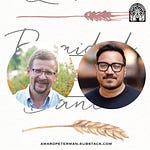
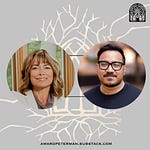
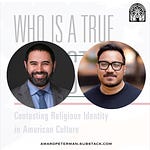
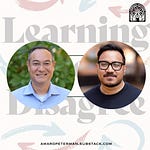



Share this post